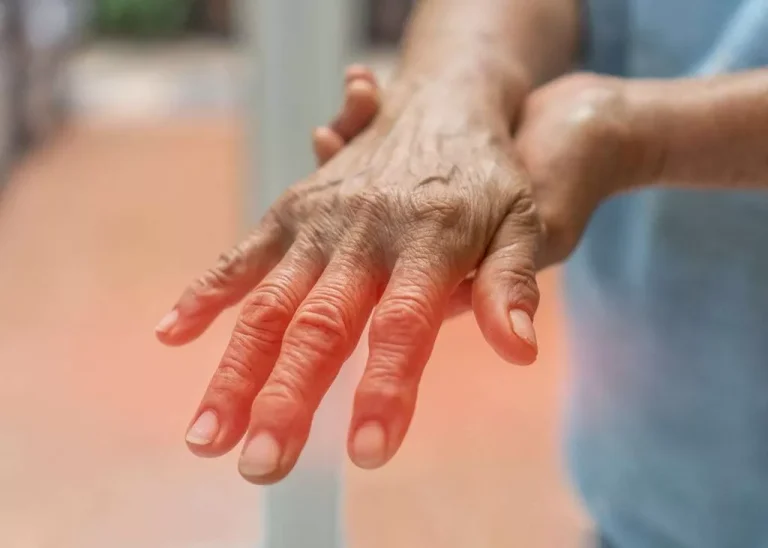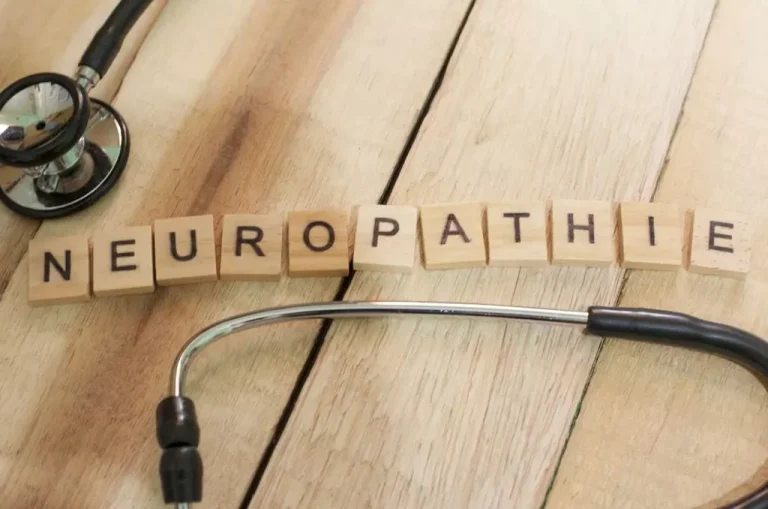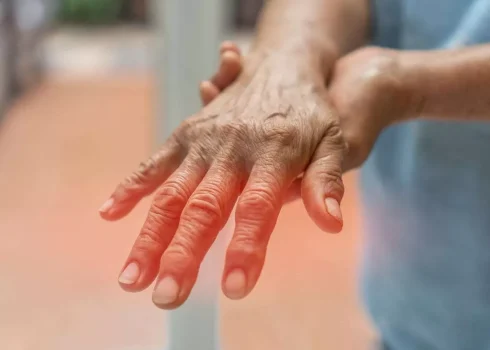The real reasons alcohol makes you put on weight

If you’re hoping to lose weight but still want to enjoy your favourite tipple, it’s just a case of cutting down – and accepting that it will just take a little longer to shed those pounds. “Cutting out alcohol is one of the quickest ways to lose weight,” says Dr Brewer. Of course, any extra calories over the RDA won’t help matters if you’re trying to slim down, but that’s just the start of it, as nutritional expert and author of The Diet Fix Dr Zoe Harcombe explains. The body cannot store alcohol or turn alcohol calories into fat.” Dr Harcombe points out in her recent newsletter. The Whoosh Effect is a real phenomenon that happens when your body suddenly flushes out the stubborn weight.
Does Alcohol Make You Gain Weight? Answers to All Your Questions
This is why after weighing yourself on Monday, your weight may have skyrocketed up a handful of pounds but a couple of days later is back down to its normal weight once you get back on your diet. Some studies show that resveratrol may be linked to reduced obesity rates. Let’s take a look at what alcohol does to your belly (as well as the rest of your body). Alcohol can actually impede physical fitness and performance by making the heart less efficient at pumping blood and delivering oxygen to the body, negatively impacting aerobic fitness capabilities.
How Much Alcohol Do You Need to Drink to Gain Weight?
This means no more than 1 drink per day for women and no more than 2 drinks per day for men. This means it has calories (7 per gram versus 4 per gram for carbohydrate and protein) but no nutrients. In order to drink alcohol while cutting back on calories, you need to plan it into your daily calorie count so you do not go over. Remember that when you drink alcohol, you are replacing potentially healthy, and filling, food with calories can liquor make you gain weight that will not fill you up. If you are trying to lose weight, you can boost your efforts by cutting back on alcoholic drinks.
What Does Alcohol Do to Your Body? 9 Ways Alcohol Affects Your Health
- A review by Yeomans 5 highlights some of the potential explanations for alcohol’s influence on weight gain or obesity.
- Take control of your health today — all from the comfort of your own home.
- But will drinking any alcohol prevent you from losing any unwanted fat?
- This study, however, did not control for PA levels and only assessed alcohol intake on a yes/no scale 42.
- The important thing is that you factor those calories in along with what you eat, she says.
This means they may be less likely to cause weight gain and belly fat. Men tend to drink more than women, which can result in more weight gain. Drinking alcohol can also lower levels of the male sex hormone testosterone, increasing their risk of belly fat. A number of studies examined links between soft drink consumption and various health outcomes.

Mental health
By working in these strategies, you can still enjoy alcohol in moderation while working toward your weight loss goals. Additionally, exercise has lots of amazing health benefits on top of weight loss, which make it one of the best things you can do to improve your health. This is because your body prioritizes the breakdown of alcohol over other sources of fuel, including stored fat. Beer is high in carbs and alcohol but low in almost all other nutrients. The calorie content of beer depends on its strength — the more alcohol it contains, the more calories it contains.

How long does alcohol stop fat burning?

This imbalance can lead to overeating and cravings for high-calorie foods, contributing to weight gain. Regular alcohol consumption can lead to health conditions that cause weight gain, among other issues. You may already be aware of some of the more unsavory side effects of alcohol, especially when you overdo it. It can increase anxiety, heighten your blood pressure and even affect your brain.
Lifestyle Quizzes
Generally, red wines offer more health benefits, while dry sparkling and white wines are the lowest in calories. Liver disease caused by excessive alcohol consumption can lead to weight gain because the liver plays a vital role in metabolizing fats and processing nutrients. Drinking alcohol can contribute to increased body weight, as both alcohol and obesity negatively impact an individual’s body mass index (BMI), leading to a higher-than-healthy BMI. Even drinking a little too much (binge drinking) on occasion can set off a chain reaction that affects your well-being.

If you’re eating junk food, those carbohydrates will also hold onto water, making you gain even more weight. But once you go back to eating right and exercising, you should be able to flush out that water weight quickly. If you are going to drink beer, find a light beer with low carbs. Switching to a low-carb alcoholic seltzer is also better if weight maintenance or loss is your goal.
